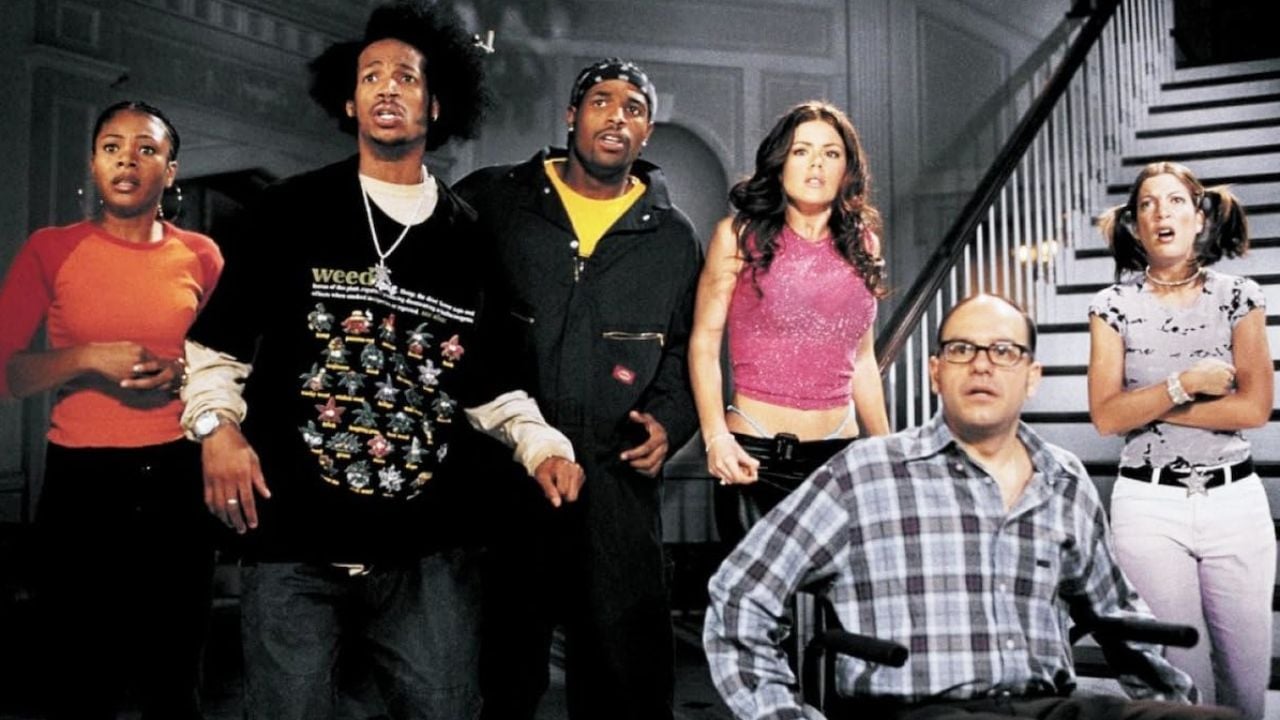Center and left-wing candidates could withdraw from the race in the second round, to concentrate the anti-RN vote.
The radical right party Réunion National (RN) has achieved yet another victory – and is now closer to achieving its goal of upending French politics.
In the coming days, there will be much talk of candidates from the centre and the left who might abandon the race in the second round to concentrate the anti-RN vote – and many laments over the disappearance of the old Republican Front (when the parties united to prevent the radical right from coming to power).
But it would take a monumental shift to reverse the only conclusion that can be drawn from this first round of voting: that the RN is now the undisputed dominant political force in France.
However, what remains to be decided this week is still quite significant.
It is the difference between a radical right government with carte blanche thanks to an absolute majority in the National Assembly, and a radical right government that cannot do much because the Assembly is divided.
At the moment, projections indicate that RN would have between 260 and 310 seats in the Chamber. Since 289 seats would be needed to obtain an absolute majority, the result is obviously still open.
To limit the damage to their cause, French President Emmanuel Macron’s centrists and the left-wing New Popular Front alliance will appeal to their voters to vote strategically in the second round, scheduled for July 7. Even if their candidate has been eliminated from the race, voters will be asked to choose who in their constituency is against the RN.
But the problem with this kind of partisan order is that fewer and fewer people listen.
The disappearance of the shame that accompanied the vote for RN has been a long process, but one that can now undoubtedly be declared concluded.
The other difficulty for RN’s opponents is the high number of triangular votes in the second round, in other words, constituencies in which three candidates will face each other next Sunday, not two. Typically, one from the center, one from the radical right, and one from the left.
The reason for the high number of triangular elections is the high turnout, which in itself is a consequence of the high risk involved.
This also happens because the lightning campaign made it impossible for small parties to act together, so the vote was concentrated in the three blocks.
Evidently, if there are three parties competing in one constituency, it will be more difficult to concentrate the anti-RN vote. In many places there will be centrist or left-wing candidates who drop out of the race, but this is far from happening in all constituencies.
In general, the country now seems to be gripped by the feeling that the victory of the radical right is inevitable. What was once seen as something absurd that should not even be contemplated is now a tangible fact lurking.
This depresses and irritates many people, especially in big cities like Paris, where darkness has taken over.
In other places, far from urban centers, people probably think differently.
Source: Terra
Rose James is a Gossipify movie and series reviewer known for her in-depth analysis and unique perspective on the latest releases. With a background in film studies, she provides engaging and informative reviews, and keeps readers up to date with industry trends and emerging talents.


![Pre -Si Grand Soleil: Summary of Episode on Tuesday, October 14, October 14, 2025 [SPOILERS] Pre -Si Grand Soleil: Summary of Episode on Tuesday, October 14, October 14, 2025 [SPOILERS]](https://fr.web.img6.acsta.net/img/90/06/9006f8922e8bfda0a3290f9a6ff3fa74.jpg)




